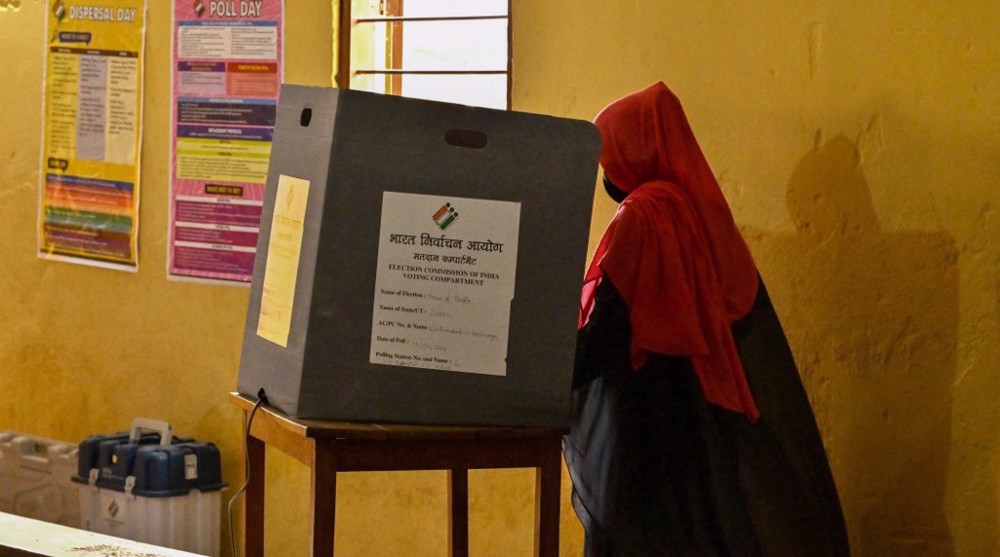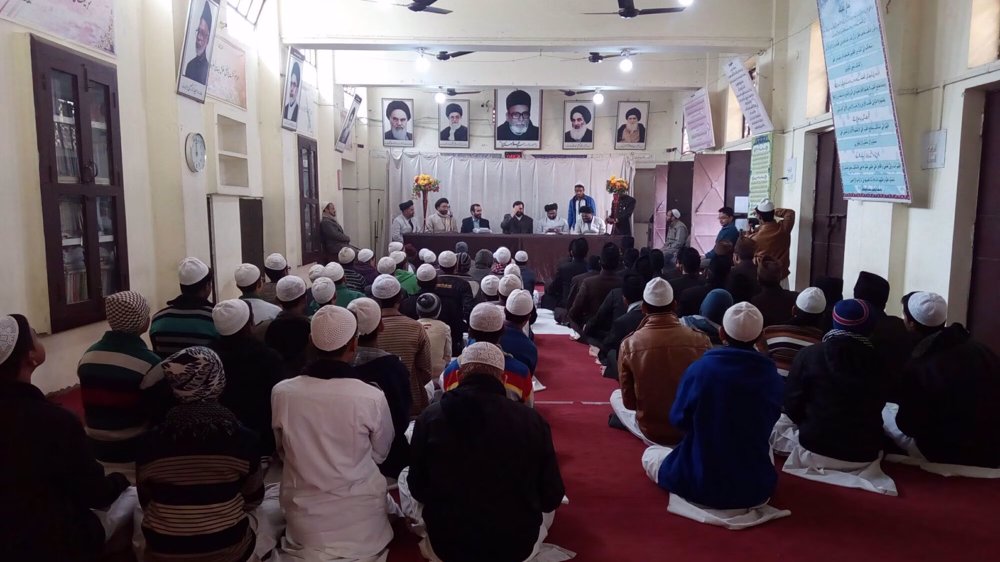India detects three Zika cases in Gujarat state
India has reported its first three cases of Zika virus that occurred last year in the western state of Gujarat, making the country the latest nation to be affected by the mosquito-borne virus that sparked global concern.
Soumya Swaminathan, a top Indian Health Ministry official, told reporters on Sunday that the patients in Gujarat had recovered. "There is no need to panic."
Swaminathan, who heads the Indian Council of Medical Research, said the three patients had been infected locally.
The World Health Organization (WHO) said in a statement on Friday that India's Health Ministry reported the cases in mid-May. The WHO also said the cases, which included a pregnant woman, were picked up in routine laboratory screening in a hospital in Ahmadabad, Gujarat's capital, over a period of more than a year.
Two cases were detected in February and November last year, while a third case was detected in January this year.
The UN health agency said the cases "suggest low transmission of Zika virus" in India.
The WHO has warned that more cases may come to light in the future. The organization called on authorities to strengthen the monitoring of Zika-like symptoms.

Since Zika erupted on a large scale in mid-2015, more than 1.5 million people have been infected, mostly in Brazil and other countries in South America. Some 70 countries have been impacted.
Those infected with Zika typically suffer mild, flu-like symptoms. In some rare cases, women infected while pregnant can give birth to children with severe defects, including microcephaly, in which their heads are abnormally small.
There is no sure prevention or treatment for the disease and affected countries are reportedly doing their best to eliminate the breeding grounds for Aedes aegypti mosquitoes, which bite all day long.
In January 2016, the WHO voiced alarm over the Zika outbreak around the Americas, saying the virus is “spreading explosively.”
In November last year, the WHO lifted its own international health emergency status for Zika.
Brazil has been the country hardest hit by the outbreak.
On May 12, Brazil, the epicenter of the outbreak, declared an end to its public health emergency over the virus. The move followed a dramatic fall in number of victims, 18 months after a surge in cases caused a public health scare.
Efforts to eliminate the virus by killing carrier mosquitoes have resulted in the death of multitudes of honey-producing bees sprayed with insecticide.
Zika was first isolated from a monkey in Zika Forest, Uganda, in 1947.
The struggles of Occupied Palestine
Saadi Day: Ayatollah Khamenei exalts great Persian poet
Iran’s Civil Defense examines country’s preparation for potential threats
FBI chief: Chinese hackers targeting critical US infrastructure
New York Times leaked memo on Gaza coverage reveals obfuscation of facts
VIDEO | Press TV's news headlines
Barbados officially announces recognition of Palestine as state
US Senate reauthorizes surveillance bill despite privacy concerns










 This makes it easy to access the Press TV website
This makes it easy to access the Press TV website